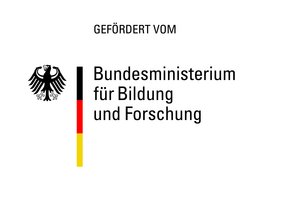In 2015, the EU declared its goal to establish a “Security Union”. The former President of the European Commission, Jean-Claude Juncker, aimed to create “a Europe that protects”. And the new President of the Commission, Ursula von der Leyen, made the protection of “our European way of life” one of her priorities. These and other statements illustrate how European states and institutions increasingly emphasize the EU’s role as provider of a comprehensive sense of security in times of uncertainty. Existing narratives such as the European “peace project” are increasingly faced with limits and constraints in times of growing polarization and politization. At the same time, the promise of comprehensive security appeals to many citizens in the face of multiple crises from Brexit to Covid. Yet, furthering cohesion and solidarity within and between European societies through constructions and practices of security is ambivalent. A broad sense of security can provide the basis for trust and shared understanding across borders, for example in the fight against organized crime. But security discourses can also further fear and anxiety, stigmatize certain actors and beliefs or spur new conflicts between different states and groups, as visible for instance in the European asylum and refugee policy.
This is where the new research project “Cohesion through security? Discourses, interactions and practices of European cohesion in the field of security (ZUSE)” takes off. It investigates how member states and European institutions develop overarching conceptions of security and cohesion, how this translates into interactions and understandings amongst decision-makers and experts, and how citizens understand and experience security and cohesion through local practices. The interdisciplinary project, thereby, also seeks to provide inputs for the development of reflexive political strategies that also account for potential unintended consequences of organizing cohesion through security.
ZUSE is a joint endeavor of IFSH together with the Helmut Schmidt University/University of the Federal Armed Forces Hamburg (Prof. Dr. Teresa Koloma Beck) and the University of Tübingen (Prof. Dr. Thomas Diez). The project is funded by the Federal Ministry of Education and Research through a total grant of about 1.1 million Euros, out of which the IFSH receives about 447.000 Euros. It started on 1 February 2021 and will run until the end of December 2023. The IFSH project team consists of the coordinator and principal investigator Dr. Hendrik Hegemann as well as Aline Bartenstein and Oliver Merschel.
